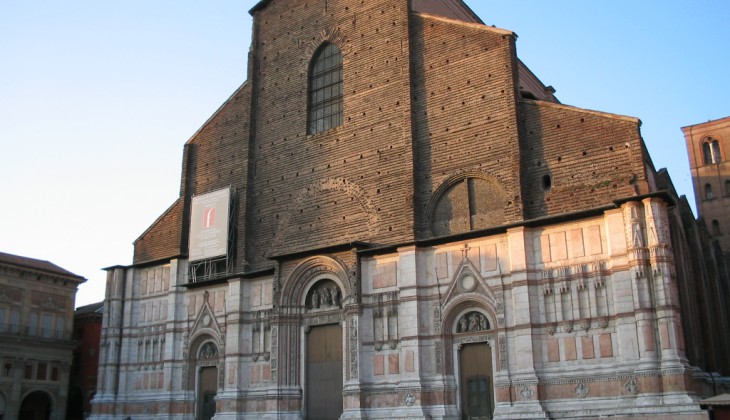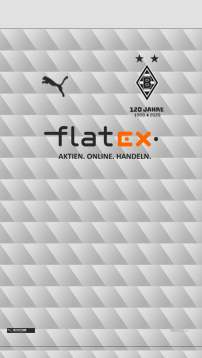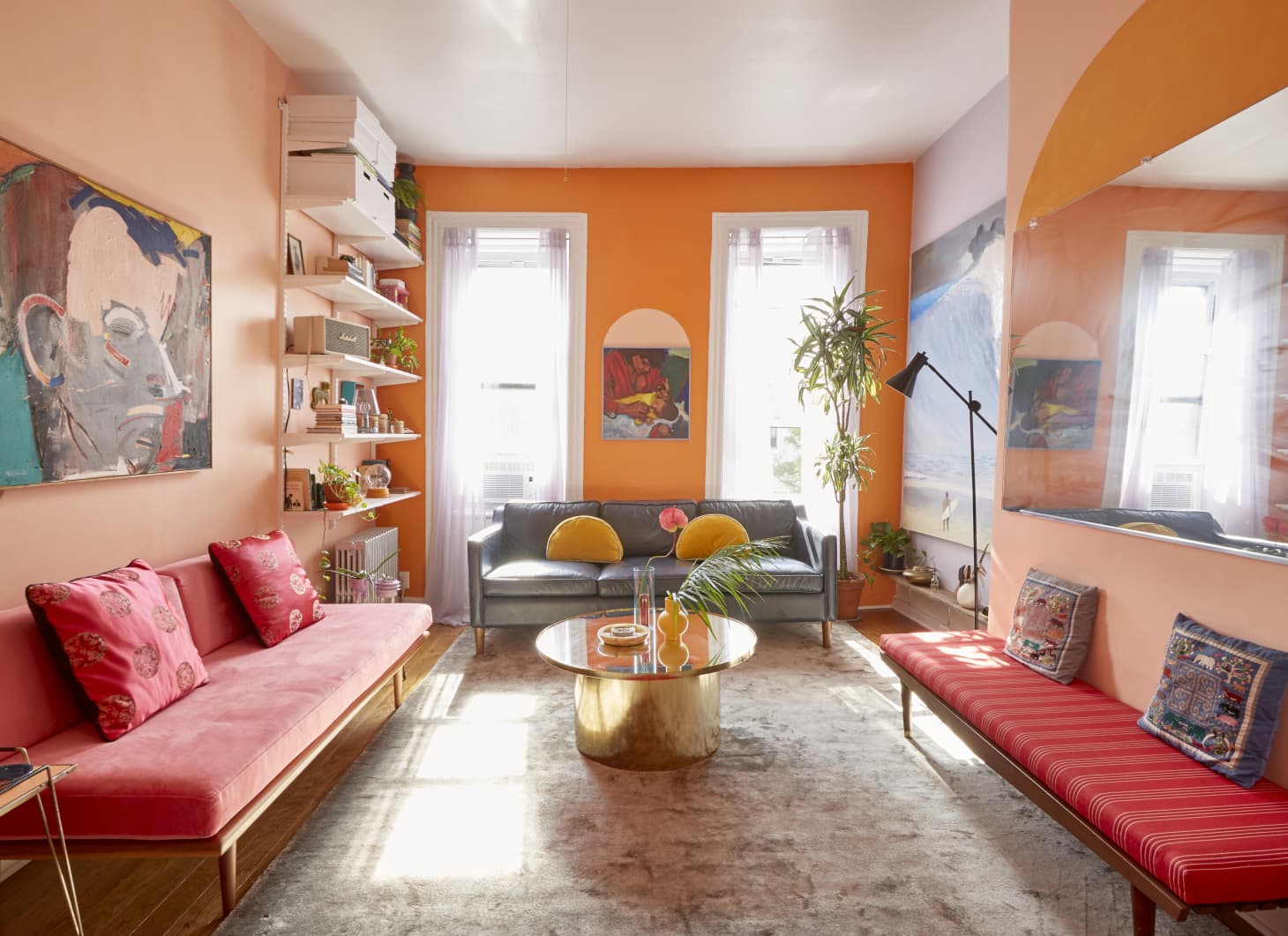Bologna 2021 Kitsempty Spaces The Blog
By Katherine Marshall, G20 Interfaith Association Vice President, World Faiths Development Dialogue (WFDD), Berkley Center

Bologna is a Medieval Maze. The history of Bologna is layered in every block and street corner you cross and every building intersecting that forms part of a historical maze that showcases the city’s medieval origins and Renaissance re-touches. RSS Feed Powered by Create your own unique website with customizable templates. HOME Tutorial Kits of the Century DOWNLOAD Archive. In the deli case at Chinched, a popular restaurant and charcuterie shop in downtown St. John’s, the house-made bologna sits on a shelf above the carefully cur. The Department of Economics of the University of Bologna will soon open a 2-year position for a post-doc researcher in Experimental Economics. Gross salary will be 32,568 euros per year plus benefits. The net salary is about 2,500 euros per month. While crowds of tourists fill Venice, Florence and Rome, Bologna remains relatively quiet in comparison. This medieval university town is charming, historic and fun to explore and you'll find Bologna's local cuisine is light-years away from the American deli meat bearing the city's name.
As the torch passes from our 2020 Saudi Arabian G20 hosts to Italy, we, as the G20 Interfaith Association, affirm our renewed commitment to this vital process. Our long-term focus—both as an organization and as multilateral partners—is centered on the challenges of building a better, more just world. My remarks today focus on four questions that arise as we look to 2021 and the Bologna Forum.
Why focus on the G20?
The G20, conceived as a global crisis body, has never been needed more than now.
The extraordinary global crisis that the world faces demands multilateral approaches. It also demands the G20’s agility and commitment to action in times of crisis.
To make the difference that it needs to make, the G20 needs the engagement of diverse stakeholders: it is about leadership, but also efforts to bring together women and youth, civil society, science, labor, ideas, and business. The many interreligious networks that are focused on global agendas are a part of that process. They bring insights from far corners of the world, alongside the mandate and often the courage to speak truth to power.
Why Interfaith? What does interfaith bring?
The G20 Interfaith Forum fulfills a vital role by bringing together those wide-ranging networks that focus on global agendas, especially those whose spirit and work centers on people and the planet.
Each of the 17 overarching goals and 169 targets of the Sustainable Development Goals (SDGs) has religious dimensions.
Interreligious work brings both practical and ethical insights. To illustrate, religious groups focus on building peace, ending hunger, facing climate change, combating domestic violence, improving water and sanitation, and resolving the terrible plight of refugees.
Interfaith networks and actors offer different, often prophetic voices, and they thus enrich the G20 global agenda in countless ways.
How did the G20 Interfaith Forum come into being? How has the Forum evolved?
The G20 Interfaith Forum has grown to its current stature from a core group of people committed to excellent analysis and focused on issues specific to religious roles and rights.
Against a history of engagement through the G7 and G8, the G20 Interfaith Forum began to meet in 2014 and has met every year since then—in Australia, Turkey, China, Germany, Argentina, Japan, and Saudi Arabia. Each year the scope, size, and ambitions of the forum have broadened.

Today, the Association brings together an ambitious community reflecting the burgeoning interreligious networks across the world.
They share a vital commitment: They are bound and determined to contribute to the demanding global agendas of our times: acting on the inequality that all lament, changing the narrative on refugees, and looking the climate crisis in the face.
The healing that is the central challenge of our world today demands such practical interfaith collaboration.
What is ahead for 2021?

We face immediate, urgent issues. Many relate to the COVID-19 crises, especially regarding distributing vaccines and care for those afflicted in effective and ethical manners. There are also critical humanitarian needs that demand urgent attention, notably for refugees and communities left behind.
The longer-term challenges of our time center on rebuilding a better, fairer, greener world. Among the many challenges are translating ideals for peace into reality and addressing inequalities in meaningful ways.
The G20 Interfaith Forum in Bologna in September 2021 holds great, special promise. It will bring diverse and creative voices to focus on today’s urgent global agendas. It will keep the spotlight shining constantly on people across the world who too often are forgotten and left behind. It underlines the urgent need to reach across divides with new commitments to listening, hearing, and healing pain.
Hope, ideas, and courage are hallmarks of the continuing G20 Interfaith venture. The Italian presidency of the G20 offers unprecedented possibilities to link political, social, economic, and interreligious insights in a dynamic dialogue where different perspectives can make their voices heard at the policy tables.
The future of multilateralism and hopes for rebuilding depend on precisely that kind of new creative synergy.
Bologna 2021 Kitsempty Spaces The Blog Free
– – –
Professor Katherine Marshall is a senior fellow at the Berkley Center for Religion, Peace, and World Affairs at Georgetown University. She serves as the executive director of the World Faiths Development Dialogue and worked at the World Bank from 1971 to 2006, tackling development issues in the world’s poorest countries.
Urban Theory and Urban Praxis: Past, Present and Possible Futures
27-29 January 2021, Online-Conference
European Sociological Association (ESA) – Research Network 37: Urban Sociology

Università di Bologna, Dipartimento di Sociologia e Diritto dell’Economia
We are delighted to announce that our IV midterm conference entitled “Urban Theory and Urban Praxis: Past, Present and Possible Futures” will be held ONLINE, hosted by Department of Sociology and Business Law, University of Bologna. The leader of the local organizing group is our colleague from the board: Gabriele Manella.
Follow this link to submit your abstract: Abstract submission
Follow this link to register for the conference
IMPORTANT NOTE
You have to be a member of ESA to participate at the conference via zoom.
IMPORTANT NOTE: Due to the uncertainty and risks surrounding the current (and likely future) global health situation, the organizing committee has made the (hard) decision to postpone the conference from its initial date (September 2-4, 2020) to a new date (JANUARY 27-29, 2021) AND move the conference entirely to an ONLINE FORMAT.
Bologna 2021 Kitsempty Spaces The Blog Template
We are working on the details and logistics of this new format, but the latest information available points to the conference being hosted by the University of Bologna (Italy) and held online using a web-conferencing platform (e.g. Zoom or Microsoft Teams). We will provide updates timely to all the (prospective) participants, as soon as we have further news.
